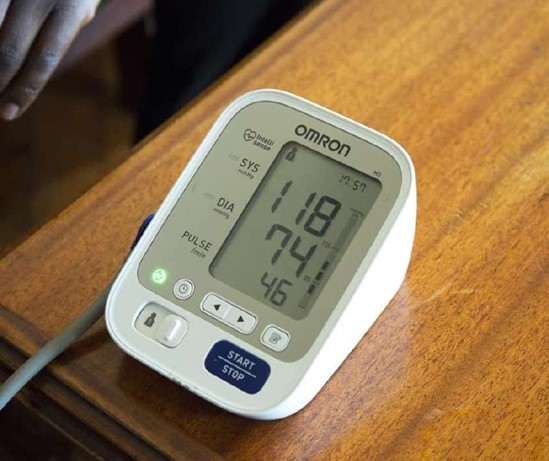A nurse is caring for a 4-year-old child who has meningitis and is receiving gentamicin.
Which of the following laboratory values should the nurse report to the provider?
Creatinine.4 mg/dL.
Creatinine 0.3 mg/dL.
BUN 12 mg/dL.
BUN 6 mg/dL.
The Correct Answer is A
Choice A: Gentamicin is an aminoglycoside antibiotic that can cause nephrotoxicity. Nephrotoxicity refers to kidney damage and can be demonstrated by rising serum creatinine levels. A creatinine level of 1.4 mg/dL is higher than the normal range and may indicate impaired kidney function 2.
Choice B is wrong because Creatinine 0.3 mg/dL is not an answer because it falls within the normal range for creatinine levels.
Choice C is wrong because BUN 12 mg/dL is not an answer because it falls within the normal range for BUN levels.
Choice D is wrong because BUN 6 mg/dL is not an answer because it falls within the normal range for BUN levels.
Nursing Test Bank
Naxlex Comprehensive Predictor Exams
Related Questions
Correct Answer is A
Explanation

According to the normal pediatric vital signs chart provided by Cleveland Clinic, the normal blood pressure range for a 2-year-old child should be between 90- 105/55-70 mm Hg. The blood pressure of 118/74 mm Hg is higher than the normal range for a 2- year-old child and should be reported to the provider.
Choice B is wrong because a respiratory rate of 26/min falls within the normal range of 20-30 breaths per minute for a child between ages 1 and.
Choice C is wrong because a pulse rate of 98/min falls within the normal range of 80-125 beats per minute for a child between ages 1 and.
Choice D is wrong because a temperature of 37.2° C (99° F) falls within the normal range for children which is around 98.6 degrees.
Correct Answer is C
Explanation
Sugar-free cherry gelatin is a soft and cooling food that can make the child more comfortable during recovery and help them heal faster.
Choice Ais wrong because dairy products like chocolate milk can increase mucus production and make stomach upset worse.
Choice Bis wrong because dairy products like vanilla ice cream can increase mucus production and make stomach upset worse.
Choice D is wrong because acidic foods like lime-flavored ice pops may cause discomfort.
Whether you are a student looking to ace your exams or a practicing nurse seeking to enhance your expertise , our nursing education contents will empower you with the confidence and competence to make a difference in the lives of patients and become a respected leader in the healthcare field.
Visit Naxlex, invest in your future and unlock endless possibilities with our unparalleled nursing education contents today
Report Wrong Answer on the Current Question
Do you disagree with the answer? If yes, what is your expected answer? Explain.
Kindly be descriptive with the issue you are facing.
